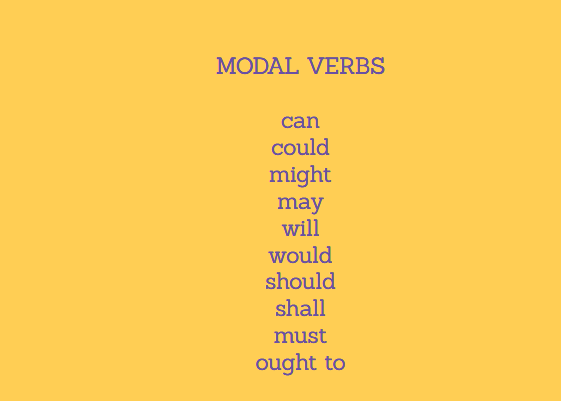What are helping verbs?
What is a verb?
A verb is an action.
Verbs include words such as “go”, “do”, “eat”, “drink”. They tell us what actions we do.
Now let us look at these two sentences to understand what a helping verb is and what a main verb is.
‘Do you…?’
“Do you…?”. Do you, what?
The sentence by itself has no meaning. ‘Do’ here however is a verb.
Now let’s look at this sentence.
“… you drive?”
This sentence is not correct either. The grammar is wrong. However it does have some meaning. We know the sentence is about whether you can drive or not. It is more useful than the first sentence and has some meaning.
The correct form of this sentence would be:
‘Do you drive?’
‘Drive’ is a verb.
‘Do’ is a verb.
Which of these is more important?
Drive, because ‘Do you…?’ by itself has no real meaning and we don’t learn anything.
‘Drive’ is the more important verb and is called ‘the main verb’.
‘Do’ is only there to help the main verb and is called a ‘helping verb’.
A more technical name for ‘helping verbs’ is ‘auxiliary verbs’.
The three auxiliary verbs are:
BE
DO
HAVE
Each of this has words derived from them or different forms.
So ‘BE’ can be in a sentence as ‘was’, ‘were’ or ‘am’, ‘is’, ‘are’ or also ‘been’ or ‘being’.
So for example.
‘I was in the shop’.
‘You were in the shop’.
‘I am in the shop now’.
You are in the shop now’.
‘He is in the shop now’.
‘He has been in the shop’.
‘Being in the shop all day is boring’.
All of these words in bold are different forms of the original auxiliary verb, ‘BE’.
The same with ‘DO’.
The different forms of ‘DO’ are ‘did’, ‘done’, ‘do’ and does’.
Examples:
‘I did the homework yesterday’.
‘I have done the homework’.
‘I do homework every day’.
‘He does his homework every day’.
‘HAVE’
The different forms of have are ‘had’, ‘have’ and ‘has’.
Examples:
‘I had a dictionary yesterday’.
‘I have a dictionary’.
‘He has a dictionary’.
In addition to the auxiliary verbs there are the ‘modal auxiliary verbs’ which are:
- can
- could
- might
- may
- will
- would
- shall
- should
- must
- ought to
Unlike the ‘auxiliary verbs’ (be, do and have) the modal auxiliary verbs which are usually just called ‘modal verbs’ do not change and stay the same.
Here are examples for each of these modal verbs, with the main verbs in bold..
‘I can help you’.
‘ I could see him in the park yesterday’.
‘I might go tomorrow, I’m not sure’.
‘I may come with you, I will let you know later.’
‘I will speak to the teacher this afternoon’
‘Would you open the window please?’
‘I think you should do more homework.’
‘I must speak to my manager’.
‘I think you ought to eat more fruits.’







